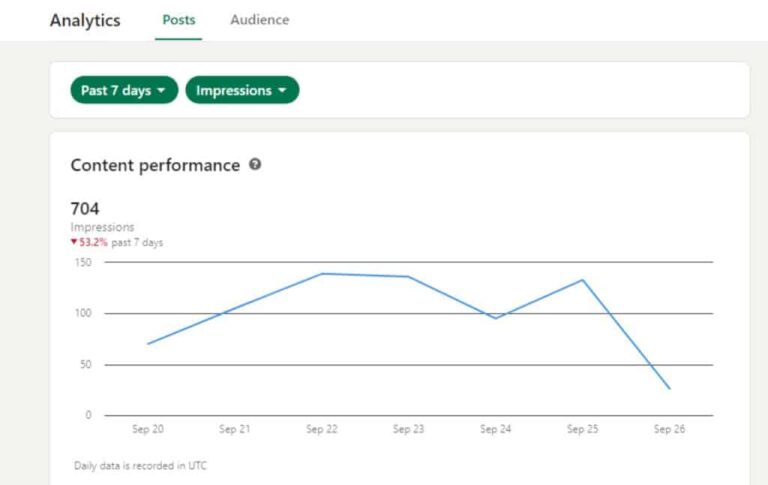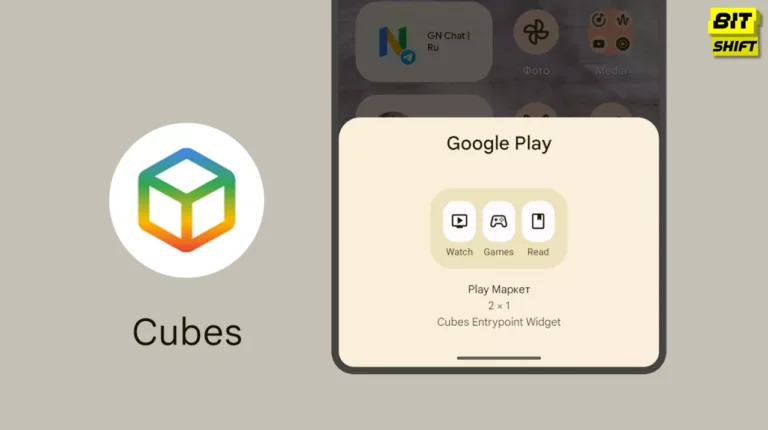Marketing is a business aspect that would be foolish to ignore. It is not a one-time thing, and constant evaluation and effort are needed to retain your customers. It is also important for one to provide flawless customer experience, that would ultimately make them your fans.
Do you believe that marketing is a one-time process? Experienced marketers know that winning the hearts, let alone money and trust, of people takes time. Thus, the concept of lifecycle marketing arises. It implies the methods used by marketers to ensure that their product remains relevant in the market for the long run. Moreover, it is absolutely necessary for you to stay in discussions with your customers even after they have made the purchase. To learn in detail what lifecycle marketing is, its types, and lifecycle marketing examples, keep reading.
What is customer lifecycle marketing?
Consider this: You have made a purchase from a brand. Their marketing strategy and customer support has been so flawless that you start recommending the brand to your friends as well.
This is because of their customer lifecycle marketing. It means an approach that marketers use to sustain their customers for a longer period of time. In simpler words, they should remain loyal to you unless they are not wholly satisfied with your product or service.
This marketing strategy is used so that your customers become your brand ambassadors. It is a cost-effective and most credible method of marketing, as potential buyers would trust the testimony of those who have already tried and tested your product.

Why is customer lifecycle marketing important?
We hope that you would have understood by now what is a lifecycle strategy. Now, you might wonder, is it really crucial? Your concern is justified, as there are multiple marketing strategies that serve the common goal, that is, to increase the sales and growth of a company. Therefore, we have discussed below some of the main reasons why customer lifecycle marketing is important.
Builds customer lifetime value: By maintaining positive customer relations, you inspire them to stay loyal. Thus, their expense and lifetime value increases.
Boosts profit: It helps you maintain your existing customer base, and that is cost-effective as well.
Gives you a competitive advantage: By following a marketing lifecycle, your brand can shine out of its rivals.
What are the stages of lifecycle marketing?
The six stages of lifecycle marketing are discussed below.
Awareness: The foremost step in any marketing strategy is to make your consumers aware that you exist in the market. Not only this, one needs to highlight their USP at this stage.
Interest: While one can see that you exist, it doesn’t necessarily imply that they would be interested in your brand. Thus, developing strategies that would contribute to the audience’s interest is important.
Consideration: At this stage, customers are still considering whether they should make a purchase or not. Nonetheless, they will only choose to buy from you once you highlight your uniqueness.
Purchase: One finally decides to buy your product or service at this stage. However, reaching this stage entirely depends on the brand’s efforts in the previous three stages.
Retention: It would not contribute significantly to the brand’s growth if someone buys the product once. Instead, you need to ensure that your consumers keep coming back to you and choose your brand over others. Thus, B2B lifecycle marketing is about long-term relationships with the customers.
Advocacy: Advocacy, in simple terms, means word of mouth advertising. This means that your satisfied consumers also start to tell others about your competitive advantages.

How to build a lifecycle marketing strategy?
A customer lifecycle marketing software can be used in various ways. Nevertheless, one can also use the methods listed below.
Understand your target audience’s behavior: By identifying the attitude of your target audience, one can develop strategies that purely resonate with their needs and wants.
Define your goals: Having clarity in your goals is always useful, as it gets easier to align your performance with them.
Customer segmentation: Dividing your customers at various levels will help you develop a more personalized marketing strategy.
Overcome the challenges: Undoubtedly, lifecycle marketing jobs are difficult. However, if you identify the points that hinder your customer interaction and growth, you can easily develop plans to get rid of them.
Conclusion
To sum it up, there are various aspects of lifecycle marketing that one can use to attract customers. Not only this, but it can also help you have a loyal fanbase and make them your brand advocates. Afterall, who would not prefer advertising, that too, for free, for their products?






